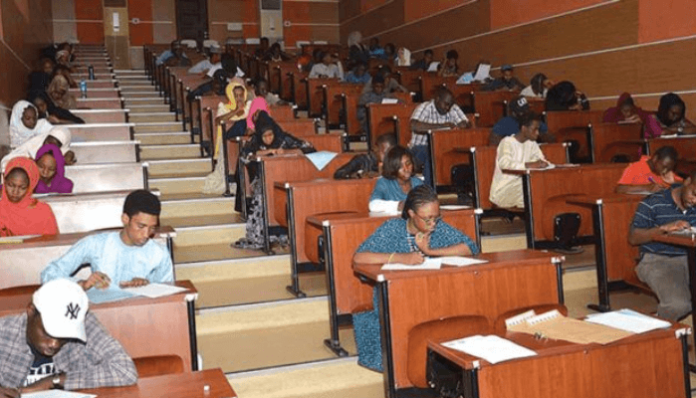Radiyah Omotayo Yahya, director of the quality assurance department at the Kwara State Ministry of Tertiary Education, has stressed the need to encourage educational institutions to develop plans to improve the standard of education in Nigeria.
Yahya, whose office has responsibility for monitoring and evaluating academic and non-academic activities in all tertiary institutions (public and private) in Kwara, stated this in an interview with BusinessDay on Monday.
He pointed out that education, being a social service, cannot be paid for by the government alone, but in partnership with civic-minded people, they are investing in the provision of tertiary education.
She, however, denounced that in response to the annual increase in the number of students seeking admission to universities, polytechnics or colleges of education, some people are exploiting them (students) in their disguise and in unaccredited institutions.
Also read: Three feared dead in Kogi explosion ahead of Buhari visit
“But there are recognition and approval procedures and policies for operating a tertiary institution. This is because graduates go back into society, hence the inclusion of other stakeholders to provide standard education.
“Tertiary education is more about teaching and learning, research and community service. All of this can be achieved with dedicated leadership, a management team, and access from the community where the school is located, all of which are relevant to the type of education offered in institutions today.
“Providing quality education implies involving institutions through constant monitoring and evaluation of quality assurance. The inputs, processes and products are being evaluated by the regulatory bodies to guarantee the minimum standards.
“Quality education can be said to be achieved when our graduates are ‘fit for purpose.’
According to her, the products are qualified to be suitable as job creators, for employment and/or suitable for further studies, as the case may be.
He explained that all levels of learning have regulatory bodies that guarantee the quality of inputs, ranging from curriculum guides, course/program and duration, student admissibility, and teacher qualifications and adequacy, the provision of infrastructure facilities such as laboratories, workshops, offices, and recreational facilities are all provided and are adequate for the level for which they are intended.
“Students must be guaranteed to be certified as being trained and educated in entrepreneurship so that they can be financially independent, employable or continue studying.
“If all these procedures and steps are taken into consideration and executed properly, the quality of education in our country would be better and the rate at which Nigerians travel abroad to further their education would be minimized,” he said.







